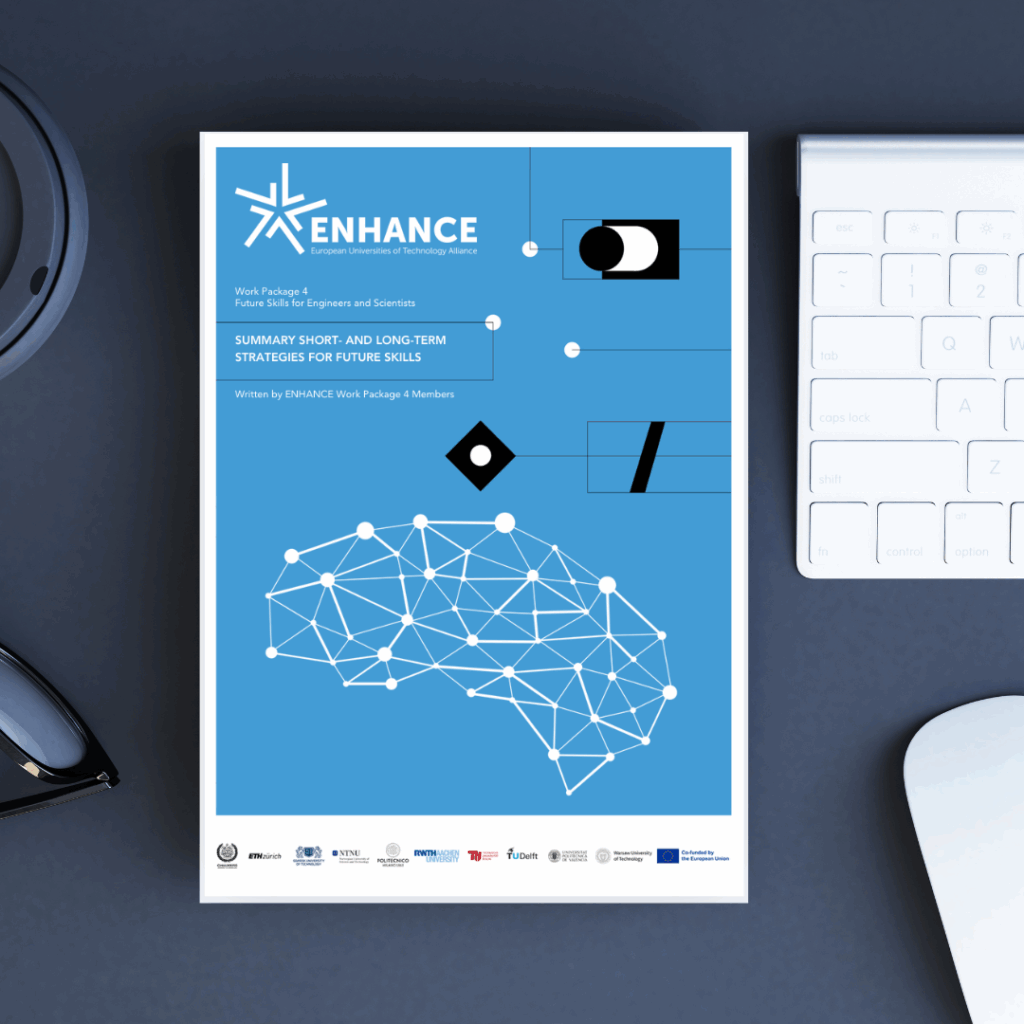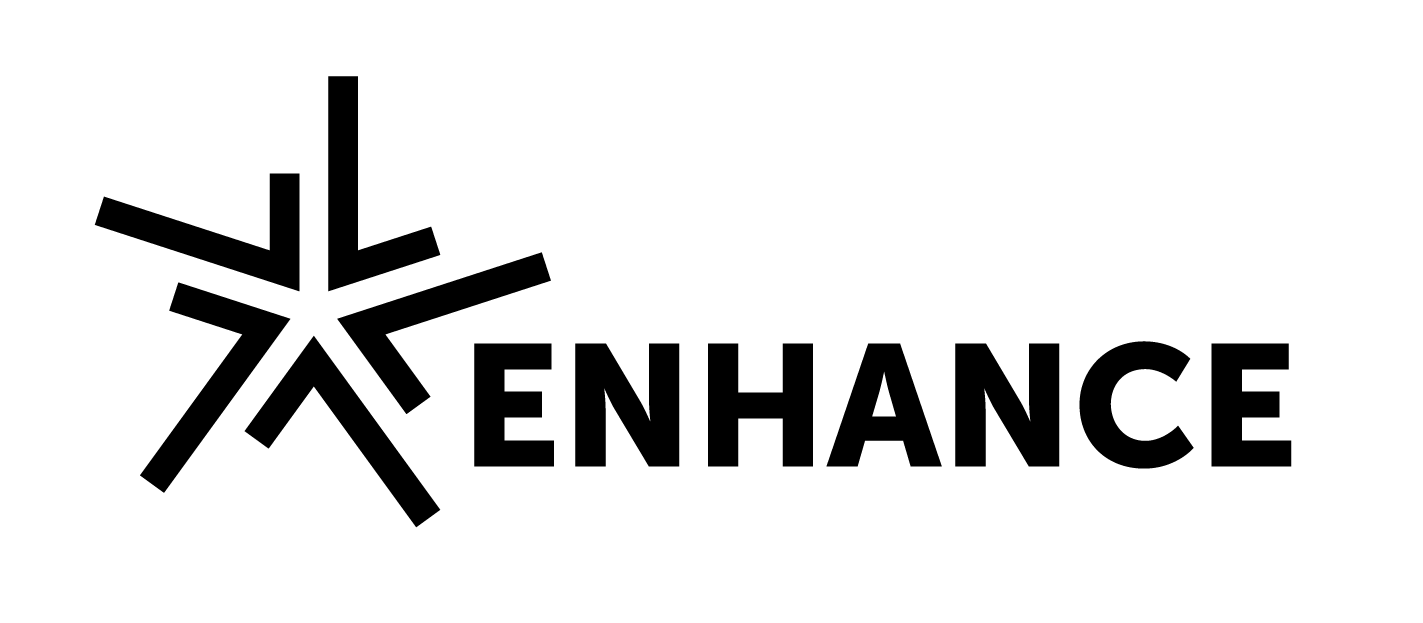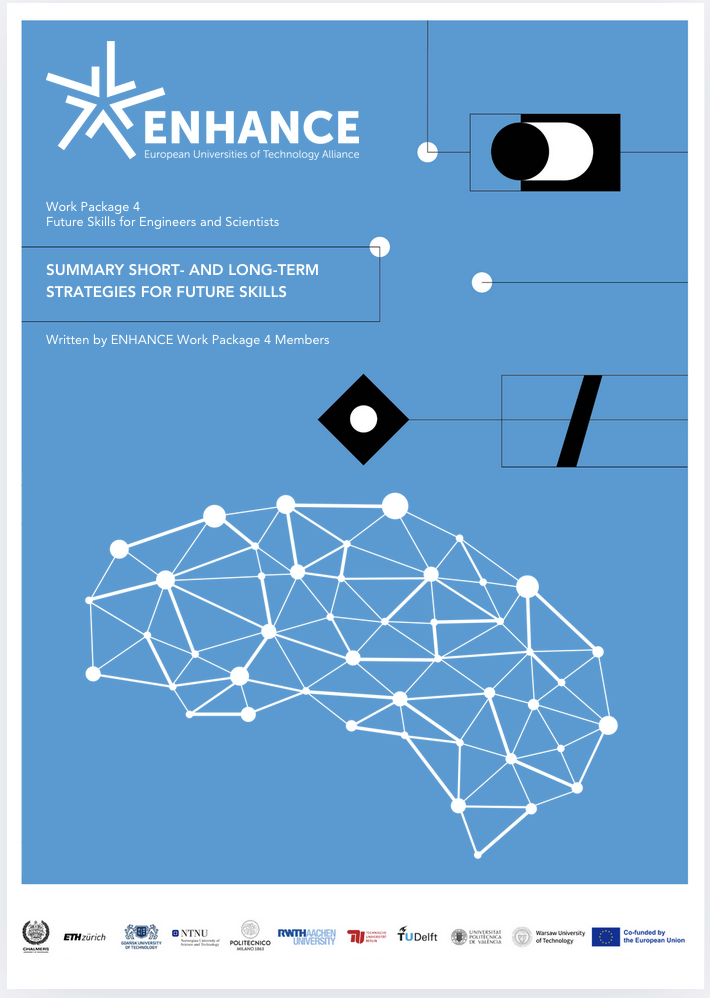Shaping Future Skills for Tomorrow’s Engineers and Scientists

Earlier this year, Work Package 4 (Future Skills for Engineers and Scientists) of our currently running education innovation project ENHANCE+, released the first of its two key deliverables. This initial report had two main objectives:
- To define future skills and identify existing gaps across our partner universities.
- To conduct a SWOT analysis that identifies which competencies are most critical for equipping students to address both current and emerging societal challenges in Europe.
We spoke with Grant Penny, lead of Work Package 4 situated at our ENHANCE member institution Technical University Delft, to gain deeper insights into the findings and future direction of this important research.
How do you see ENHANCE’s role in preparing the next generation of engineers and scientists for the complex, interdisciplinary challenges of tomorrow?
We are confronted with many global ‘wicked problems’ that cannot be solved by a single discipline or straightforward solution. As a result, engineers and scientists must expand their educational horizons across diverse fields, regions, and contexts.
Our WP4 research has demonstrated that the challenges faced by one region often differ significantly from those in another. To achieve meaningful impact at the European level, it is therefore crucial to broaden our students’ perspectives, for example the demographic challenges facing some countries, the different cultures that can impact an outcome of a project, and so forth.
The report, created by your team of experts from all 10 ENHANCE member universities, reveals significant gaps in the teaching of transferable competencies across European universities. What do you see as the most urgent issues to address?
Many competencies were identified, but the overarching thematic competencies, such as critical thinking and collaboration stand out as the most important for European universities to develop in students. However, in developing these competencies, we also identified a systemic weakness within our institutions: a tendency to adapt too slowly.
Given the rapid rise of AI, for example, the landscape of competency development is shifting dramatically. We cannot afford to spend multiple years adjusting curricula. Curricula must be more flexible in terms of the content taught, how it is taught and how it is assessed.
The findings from the research conducted in Work Package 4 suggest that a diverse set of future skills, like digital literacy, empathy, and systems thinking are crucial for STEM students. How does your team of experts envision these skills being integrated into curricula across ENHANCE’s member institutions and associated partners?
Fundamentally, we want as many students as possible to have access to courses and programmes that ‘teach’ these competencies. We have found that the most innovative or boundary-pushing courses often end up being especially exclusionary due to limited spaces or financial barriers.
We gathered input from:
- Student surveys conducted at our institutions
- Alumni surveys conducted at our institutions
- Interviews with individuals from diverse fields, from start-up founders to industry experts.
- Analysis of our universities’ mission statements
- Our own desk research into literature on future competencies
We have gathered input from numerous sources. While no perfect answer exists, especially in the rapidly changing landscape of competency needs, we believe that our triangulated approach offers an accurate and practical foundation. We are currently proposing offers that meet the above criteria and address the necessary competencies, bearing in mind that not all offers will be equally suitable or desired by all ten partners. I envisage a range of dynamic offerings from WP4, such as MOOCs, training guides and exchange opportunities that can be integrated into our institutions as and where needed.
In your view, what are the most impactful strategies that ENHANCE and its partners can implement in the next few years to close the identified gaps in education and better prepare students for developments in society and the labour market, like the twin transition?
In addition to my already expressed desire for faster and more agile approaches to innovation and chance, I believe we need to transition from a monodisciplinary to a transdisciplinary mindset. This means greater collaboration between disciplines (e.g. combining STEM subjects with the social sciences) and actively involving societal stakeholders in education.
Being transdisciplinary also has epistemological considerations; we need to unlearn the idea that there is only one correct answer and accept that wicked problems require multiple answers from multiple viewpoints. If the research in WP4 can help us move towards this, I believe we will have made a profound, transformative impact.

Work Package 4 is a core component of the ongoing ENHANCE+ project, focused on identifying and promoting the future skills needed by engineers and scientists in a rapidly evolving European context. By collaborating across institutions and sectors, WP4 aims to create scalable, inclusive solutions that prepare students for real-world challenges.
To stay informed about WP4’s latest developments, insights, and opportunities, we invite you to subscribe to the WP4 newsletter. You can also keep up with the broader activities of our alliance by signing up for the ENHANCE Update, our central newsletter.

